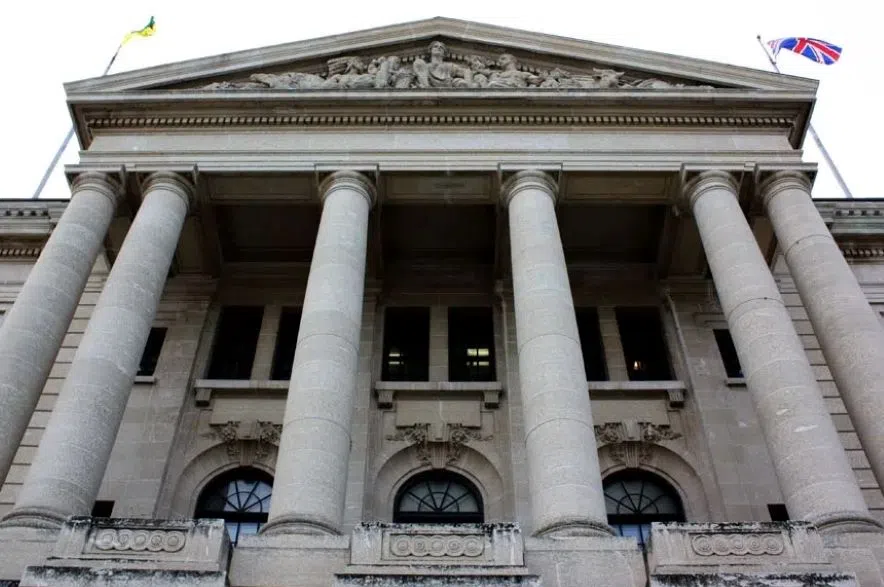Turnover doesn’t mean the Saskatchewan Party is going under.
A political science expert in the province said people shouldn’t read too much into four veteran members of the Saskatchewan Party announcing they won’t be running again in the upcoming election.
Daniel Westlake, an assistant professor in the department of political science at the University of Saskatchewan, said turnover of candidates ahead of an election is precisely what we would expect to see.
When a member of a political party knows they won’t be running again for that party or for their seat, Westlake said new candidates need to be recruited and campaigns established — which takes time.
“The sooner you can get that process started, probably the better the position you’re in as a party,” he said.
What is a bit surprising about Tuesday’s announcement was seeing four members of a party deciding not to seek re-election. For a province as small as Saskatchewan, Westlake said that number is fairly high.
Given that six other Sask. Party MLAs previously had announced they wouldn’t be running again — including cabinet ministers Don Morgan and Dana Skoropad — that’s 10 incumbents who aren’t seeking re-election.
And two other MLAs — Greg Lawrence and Ryan Domotor — are no longer in the Sask. Party caucus after being brought up on criminal charges. They’re to sit as independents when the Legislature reconvenes.
However, being from a party that has been in power as long as the Sask. Party has — and with the four latest pending departures being experienced politicians — Westlake said more evidence would be needed to suggest the situation indicated anything more than politicians looking to move on at the expected, appropriate time.
“The idea that they want to move on is a fairly plausible explanation in this case,” he explained.
Some situations like this can indicate that a party is in trouble or experiencing troubled waters within its ranks, Westlake said, but noted other considerations are lacking.
Pieces of evidence like poor polling numbers, changes in policy or a change in how a leader is positioning themselves are some ways a party might inadvertently indicate a bigger, underlying problem.
“The Sask. Party is not in that situation,” Westlake said. “This is just kind of a natural turnover that happens when a government’s been in power for a long time.”
Making the announcement of all four ministers not running for re-election at once might be as simply reasoned as getting all the coverage and disruption out of the way at once, Westlake reasoned.
“It gives a good sense of where the party is going to be at going into the election,” he said.
As an outsider studying quantitative political science, Westlake said he isn’t aware of the mood of the party — but his instinct to look to things targeted at the party leader or questioning the leader’s position haven’t yielded any concerning finds, either.
“We should be seeing regular turnover in government,” Westlake stated.
Westlake wouldn’t interpret very much from Tuesday’s announcement ahead of the election to be held in Saskatchewan later this year.
He said enough remaining politicians will ensure the seasoned nature of the Sask. Party remains, while bringing in fresh faces to offer some revitalization to a party that has been in power for quite some time.
“I do think it is useful to have new blood and new people coming into politics,” he said, also noting that the leader of the party in almost any election is what draws the most attention, meaning the turnover of ministers isn’t likely to affect perception.







